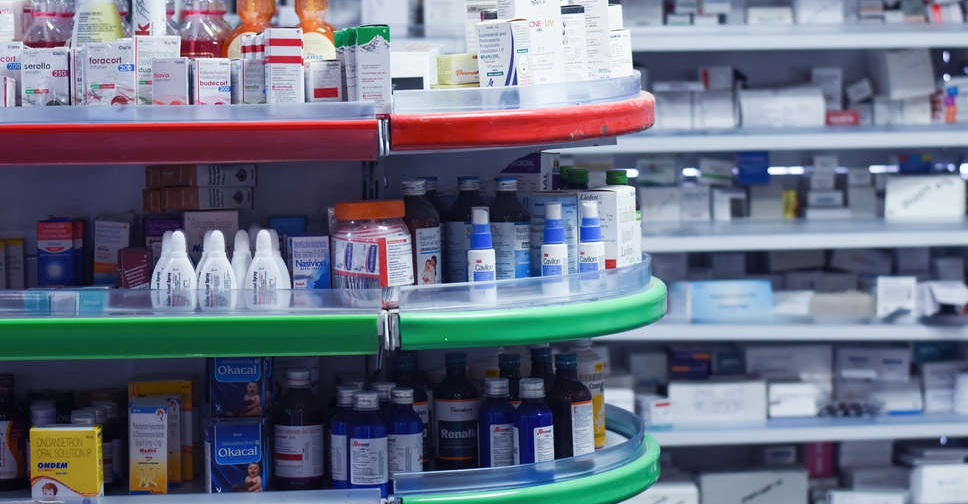
Indian pharmaceutical companies must meet new manufacturing standards this year, according to a government notification, although small companies have asked for a delay, citing their debt load.
Jolted by a string of overseas deaths linked to Indian-made drugs since 2022, Prime Minister Narendra Modi's government has stepped up scrutiny of pharmaceutical factories to clean up the image of the $50 billion industry.
"The manufacturer must assume responsibility for the quality of the pharmaceutical products to ensure that they are fit for their intended use, comply with the requirements of the licence and do not place patients at risk due to inadequate safety, quality or efficacy," said the notification, dated December 28.
Companies must market a finished product only after getting "satisfactory results" on tests of the ingredients and retain a sufficient quantity of the samples of intermediate and final products to allow repeated testing or verification of a batch, it says.
The health ministry said in August that inspections of 162 drug factories since December 2022 found an "absence of testing of incoming raw materials".
It added that fewer than a quarter of India's 8,500 small drug factories met international drug manufacturing standards set by the World Health Organisation (WHO).
The notification said those concerns must be addressed by large drugmakers within six months and small manufacturers in 12 months.
Small companies had asked for the deadline to be extended, warning that investments required to meet the standards would shut down nearly half of them because they are already heavily indebted.
The WHO and other health authorities have linked Indian cough syrups to the deaths of at least 141 children in Gambia, Uzbekistan and Cameroon.


 UK's Jaguar Land Rover to halt US shipments over tariffs
UK's Jaguar Land Rover to halt US shipments over tariffs
 US starts collecting Trump's new 10% tariff
US starts collecting Trump's new 10% tariff
 Nasdaq set to confirm bear market as Trump tariffs trigger recession fears
Nasdaq set to confirm bear market as Trump tariffs trigger recession fears
 Dana Gas and Crescent Petroleum exceed 500M boe in Khor Mor field
Dana Gas and Crescent Petroleum exceed 500M boe in Khor Mor field
 China to impose tariffs of 34% on all US goods
China to impose tariffs of 34% on all US goods




